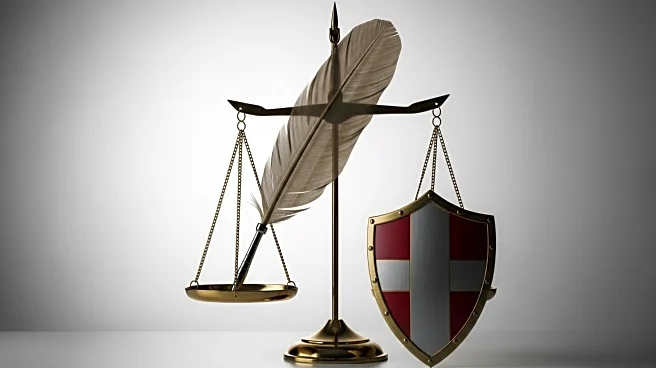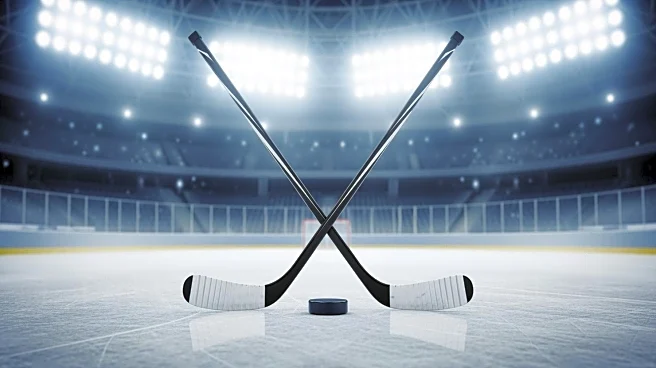What is the story about?
What's Happening?
The Atlantic magazine has settled a defamation lawsuit filed by writer Ruth Shalit Barrett over an article that was retracted. Barrett accused the magazine of defaming her in an editor's note, which claimed she had deceived the publication by encouraging a source to lie. The dispute was resolved through mediation, and the lawsuit was voluntarily dismissed after a settlement was reached. The Atlantic updated the editor's note online, but did not meet Barrett's initial demands for a correction, legal fees, and intellectual property rights. Barrett's lawsuit argued that she was unfairly punished for minor inaccuracies and criticized the magazine's portrayal of her past.
Why It's Important?
This settlement highlights the ongoing challenges in the media industry regarding fact-checking and editorial integrity. It underscores the potential legal ramifications for publications when disputes arise over content accuracy and representation. The case also reflects broader issues of trust between journalists and their sources, and the impact of editorial decisions on a writer's reputation. For media organizations, this serves as a reminder of the importance of maintaining rigorous fact-checking processes and transparent communication with contributors to avoid legal conflicts.
What's Next?
Following the settlement, The Atlantic may review its editorial policies to prevent similar disputes in the future. Media outlets might also consider strengthening their fact-checking departments to ensure accuracy and protect against defamation claims. The resolution of this case could influence how other publications handle retractions and corrections, potentially leading to more cautious approaches in editorial decision-making.
Beyond the Headlines
The case raises ethical questions about the responsibilities of journalists to protect their sources while ensuring the accuracy of their reporting. It also highlights the potential consequences for writers when their past work and professional history are scrutinized in legal contexts. This situation may prompt discussions within the journalism community about balancing transparency with the protection of individual reputations.
















